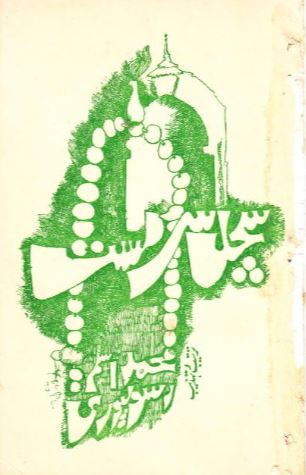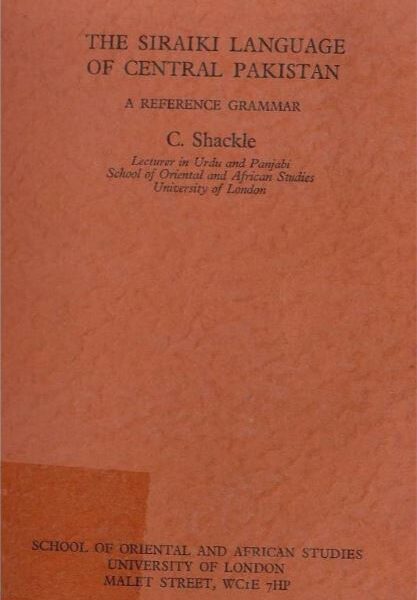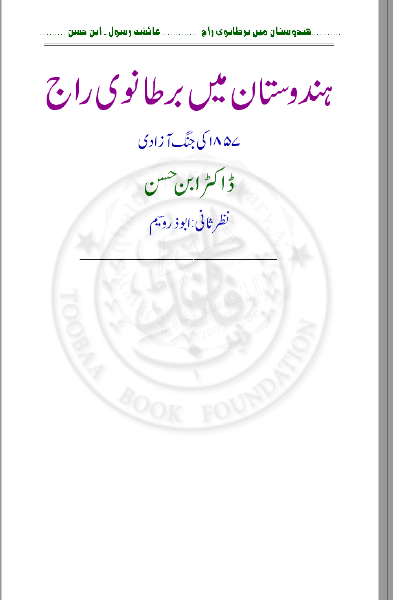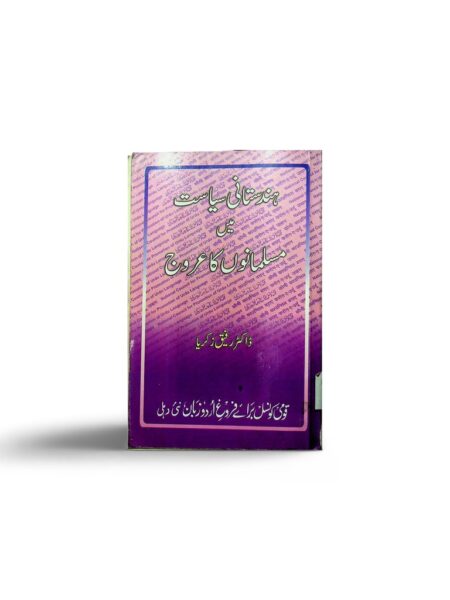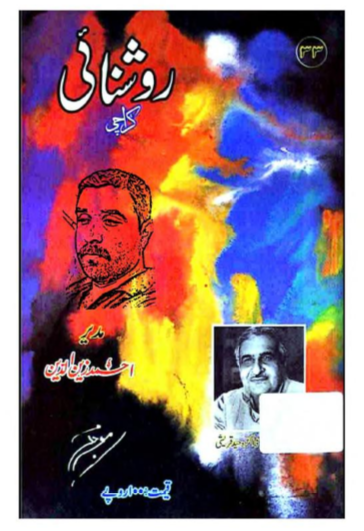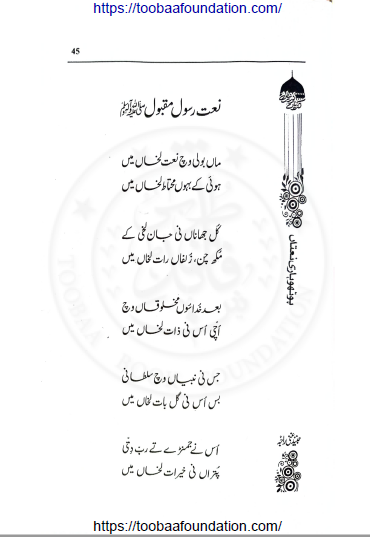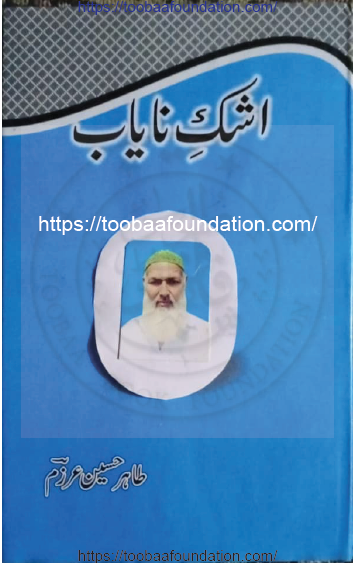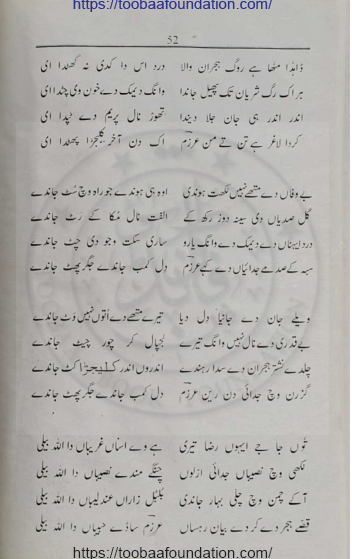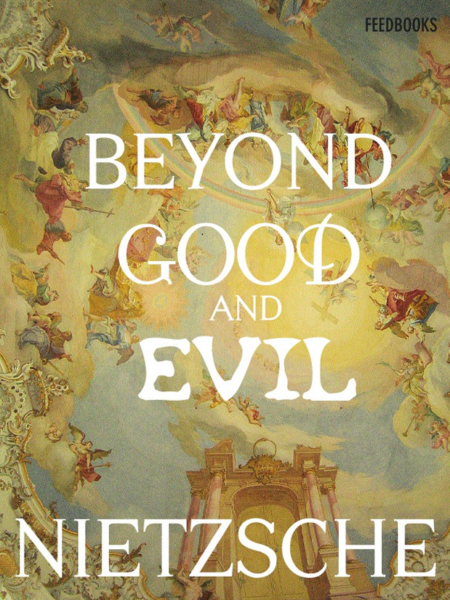- help@toobaafoundation.com
-
Urdu Punjabi Lughat اردو پنجابی لغت
اردو پنجابی لغت ارشاد احمد پنجابی
Urdu Punjabi Dictionary
by Irshad Ahmed Punjabi -
Guman By Jaun Elia
urdu, urdubooks, literature, urduliterature, poems, urdupoetry, poetry, urdupoet
-
The western Bahr al-Ghazal under British rule, 1898-1956
“Western Bahr al-Ghazal is perhaps one of the least known places in Africa. Yet this remote part of the Republic of Sudan can be regarded as a historical barometer, registering major developments in the history of the Nile valley. In the nineteenth century the region became one of the most active slave-exporting zones in Africa. The area is distinguished from the rest of the southern Sudan by its veneer of Muslim influence and an Arabic pidgin. British officials regarded it as a Muslim enclave and in the twentieth century, western Bahr al-Ghazal became a laboratory in which the British colonial administration applied one of its most controversial policies in the Sudan, the so-called Southern Policy.” “Several decades of colonial rule failed to establish any significant links between the western Bahr al-Ghazal and the world economy. It is hoped that this book will contribute to the understanding of the general impact of colonialism on rural societies in the southern Sudan and the roots of their underdevelopment. Book jacket.”–Jacket
-
Megaliving
MegaLiving! is a personal development book by Robin S. Sharma that presents a 30-day program designed to transform your life. The book blends ancient wisdom with modern success principles and covers techniques for improving mental focus, physical health, emotional well-being, and spiritual peace.
The core idea is to help readers build powerful habits and live life with greater purpose, clarity, and happiness. Robin Sharma outlines practical steps in areas like:
-
Meditation and mindfulness
-
Time management
-
Personal discipline
-
Goal setting
-
Health and fitness
With the promise of achieving a “perfect life” in just 30 days, this book acts as a step-by-step life coaching manual for anyone who wants to lead a more meaningful, successful, and joyful life.
Would you like a summary of the 30-day plan inside the book?
-
-
The Now Habit
“The Now Habit” by Neil Fiore – Book Description:
The Now Habit: A Strategic Program for Overcoming Procrastination and Enjoying Guilt-Free Play is a powerful self-help book by psychologist Dr. Neil Fiore. It offers a fresh, practical approach to defeating procrastination—not by forcing productivity, but by addressing the root causes such as fear, perfectionism, and self-doubt.
Rather than promoting more rigid schedules or guilt-based motivation, Fiore introduces techniques like the “Unschedule” and “Guilt-Free Play” to help readers build a balanced mindset. His method focuses on developing a positive self-image, reducing anxiety around tasks, and creating a sustainable work-life balance.
Backed by psychology and real-life examples, The Now Habit is perfect for students, professionals, creatives, or anyone struggling with putting things off. It helps transform procrastination into productivity with compassion, clarity, and confidence.
Let me know if you want a shorter version, a review-style summary, or key lessons from the book!
-
Donghy Soty Punjabi Poetry Book By Malik Ghulam Farid
Donghy Soty Punjabi Poetry Book By Malik Ghulam Farid
-
Mannerism style and civilization
Includes bibliographical references (pages 207-208) and index
-
Bhaag Suhaag Farid – Saraiki
Saraiki poetry of Khwaja Ghulam Farid, with commentary
-
Muarif E Saraiki By Syed Noor Ali Zamin Hussaini
This book is the work of Syed Noor Ali Zamin Hussain who lived and then served as irrigation engineers for many years in Bahawalpur and different parts of erstwhile West Pakistan.
-
The Siraiki language of Central Pakistan: A reference grammar
Christopher Shackle, Professor Emeritus of Urdu and Punjabi at SOAS, University of London, has authored a groundbreaking reference grammar of the Siraiki language. This work goes beyond linguistic structure; it affirms Siraiki as a distinct cultural and linguistic identity for millions in Pakistan.
Through detailed exploration of the language’s history, regional varieties, and its interaction with neighboring tongues, the book offers a well-organized and scholarly perspective—making it an essential resource for linguists and enthusiasts alike. -
Death’s End
Death’s End is the final book in Liu Cixin’s sci-fi trilogy, where humanity faces cosmic threats and universe-shaping decisions.
-
Beyond Good and Evil
Beyond Good and Evil is a bold philosophical critique of traditional morality, where Nietzsche explores truth, power, and the need for individual thinking.















